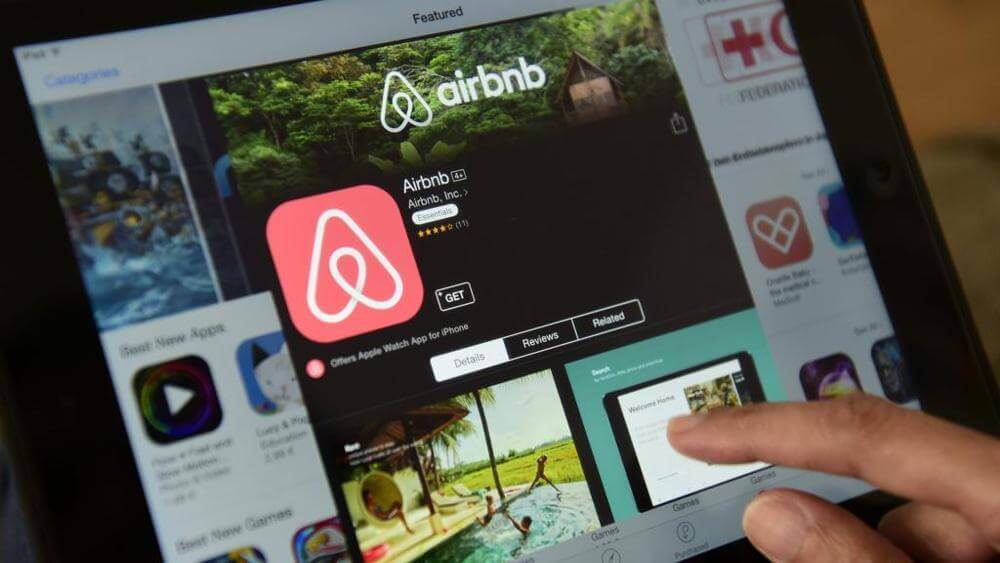
The sharing economy came with the promise of revolutionizing the way we purchase goods and services, creating a frictionless world where buyers are connected to sellers, thereby cutting out the middleman and bringing down costs to consumers.
The promise came to fruition. Today, an innovative breed of startups are giving consumers more choice, control, and convenience than ever before — nowhere more so, than in the travel industry.
Yet there are signs that sharing economy accommodations are losing appeal. Since launching a decade ago, Airbnb has become the undisputed poster child of an alternative form of travel. Its rise to fortune has been nothing short of breathtaking, with a valuation of $31 billion in May 2017.
However, the world’s second largest startup (after Uber) is not having things all its own way. There are signs that the sharing economy bubble might have burst, and that Airbnb’s growth is stuttering amid a shift in travel preferences.
While far from a crisis, Airbnb’s unrelenting success appears to be slowing, giving hotels a chance to win back some valuable ground.
A series of unfortunate events
Airbnb has suffered a series of setbacks in recent times, leading commentators to speculate on whether the company needs to go back to basics. Most recently, its New York bookings risk getting slashed by half as the New York City Council voted for the company to hand over the names and addresses of its hosts in the city in order to crack down on illegal short-term rentals.
Things are more turbulent in Europe where the EU has issued Airbnb an ultimatum over a lack of price transparency. Separately, city officials across Europe are clamping down to keep Airbnb’s rental prices in check and restrict short-term stays. In Japan, almost 80% of Airbnb’s listings have been removed as a result of the country’s new home share (or minpaku) law.
In addition to the regulatory issues, Airbnb frequently seems to be in the headlines with stories of misbehaving guests and lawsuits. Just recently, Paris forced the home-sharing giant to take down tens of thousands of listings that didn’t comply with local laws. Frustrated local residents in various cities have also been vocal about rising rental costs and mobs of tourists due to Airbnb’s presence.
With citywide crackdowns, regulation battles, and lots of PR plate spinning, this industry heavyweight has been left slightly bloodied and bruised. Arguably, it might be just a case of riding the waves. Yet beyond the headlines and disputes, there are signs of something a little more troubling.




